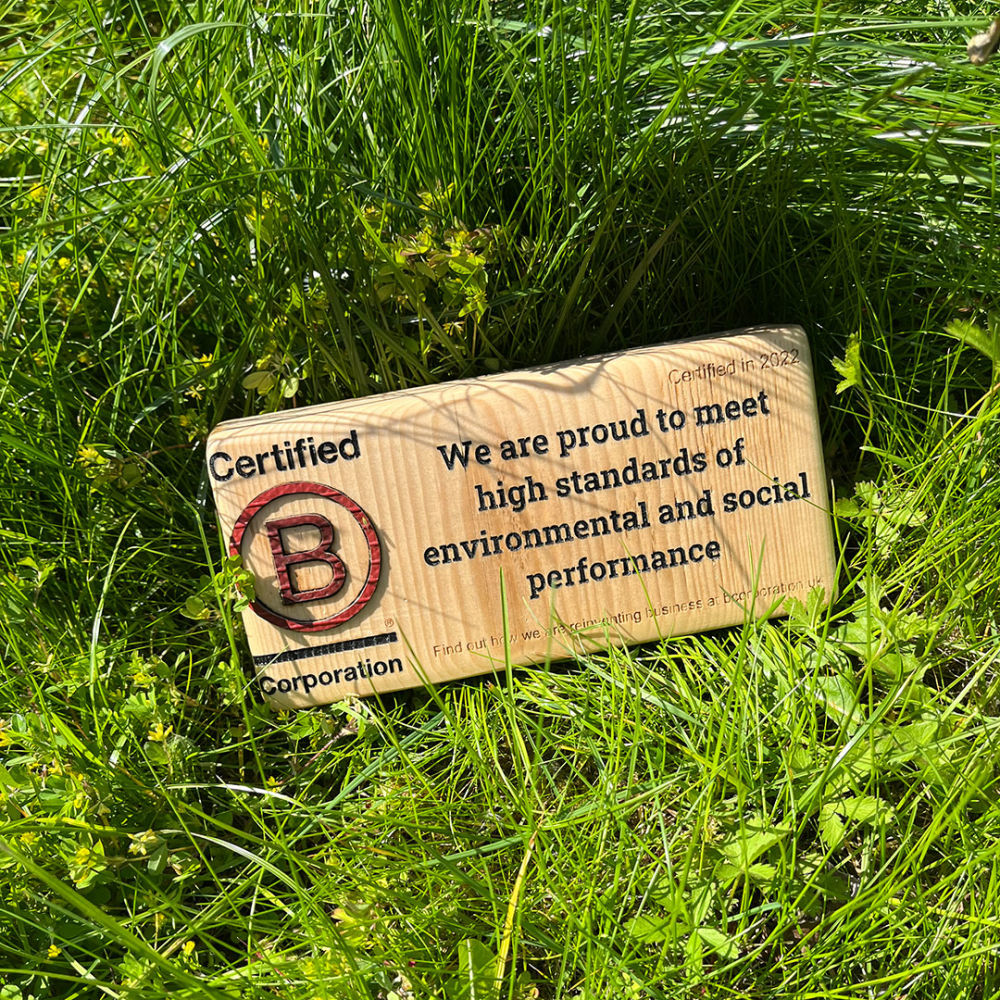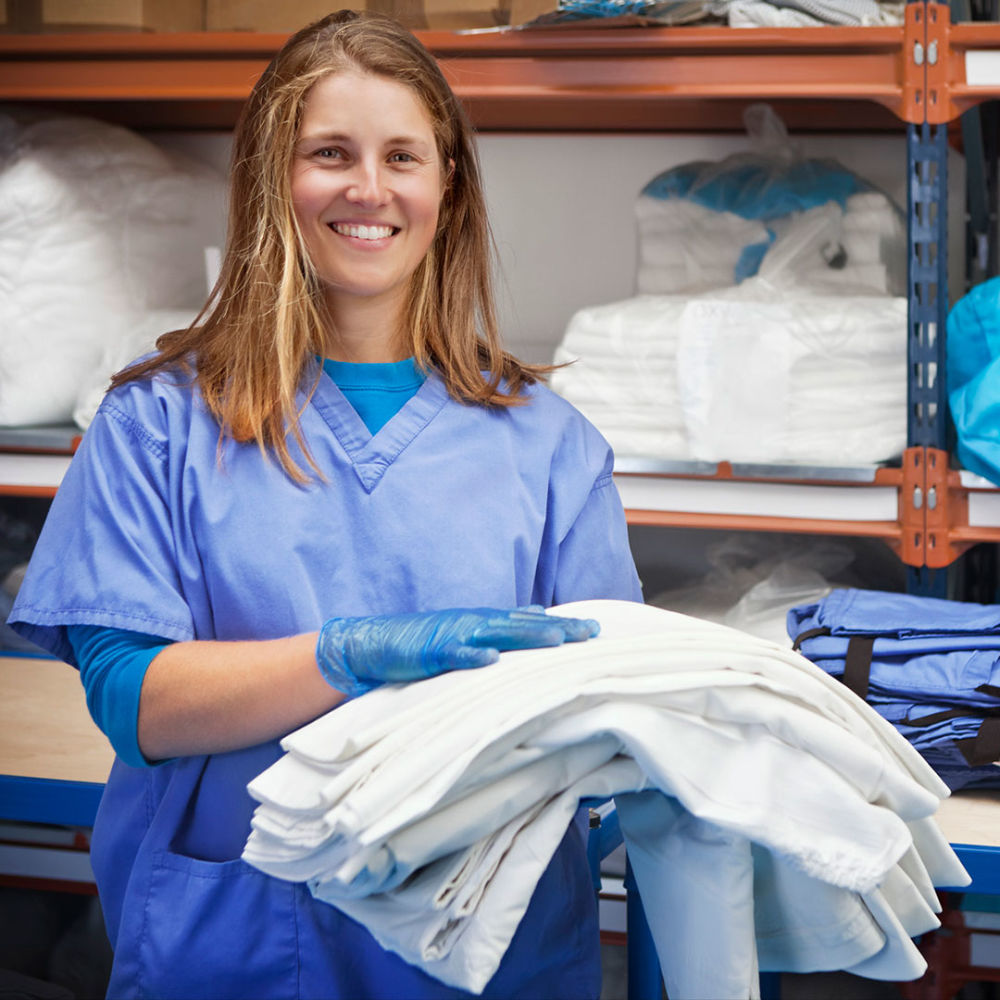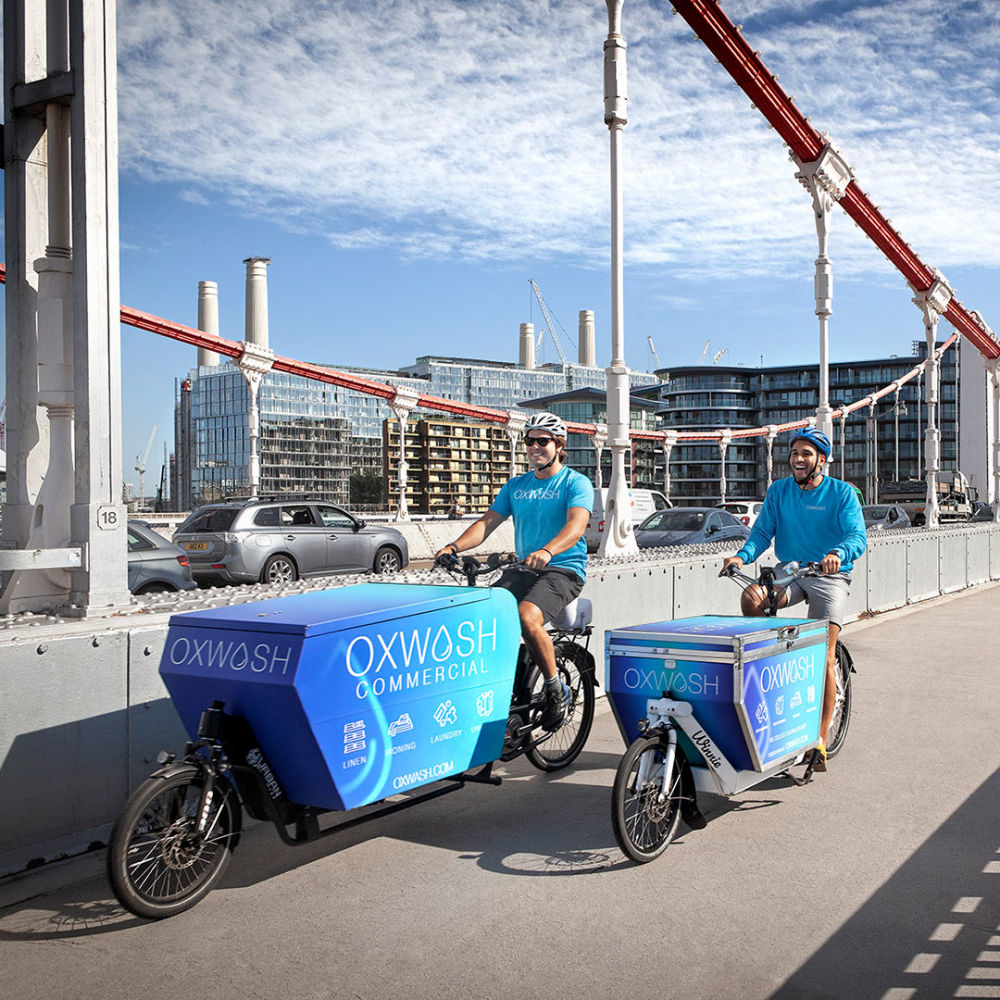How to know if your supplier is authentic or greenwashing?
How to know if your supplier is authentic or greenwashing?


Business & Insights
Hotels
When it comes to commercial laundry services, sustainability has become a significant selling point.
With growing environmental awareness, many businesses seek to partner with suppliers who adhere to sustainable practices. However, distinguishing between genuine sustainability efforts and greenwashing—a tactic where companies deceptively market themselves as environmentally friendly—can be challenging.
This guide provides comprehensive strategies to help you discern if your commercial laundry provider is truly committed to sustainability or merely greenwashing.
Greenwashing refers to the practice of companies misleading consumers about the environmental benefits of their products or services. This can range from exaggerated claims to outright falsehoods.
Recognising greenwashing is crucial, as partnering with such suppliers can damage your business's reputation and undermine your sustainability goals.
To determine if a commercial laundry provider is authentic in their sustainability claims, consider the following key indicators:
Certifications and accreditations
Authentic suppliers often possess recognised certifications that verify their environmental practices. Look for certifications such as:
ISO 14001: this standard certifies effective environmental management systems.
EU Ecolabel: indicates adherence to high environmental standards throughout the product’s life cycle.
Carbon Trust Standard: demonstrates the genuine reduction in carbon footprint.
These certifications are awarded by independent bodies, ensuring the supplier’s claims are legitimate.
Transparent reporting
Transparency is a hallmark of authenticity. A genuine supplier will provide detailed, verifiable reports on their sustainability practices. These reports should include:
Resource Usage: data on water, energy, and chemical consumption.
Waste Management: information on waste reduction and recycling efforts.
Emissions: records of carbon emissions and measures taken to reduce them.
Reliable suppliers will readily share this information and update it regularly.
Sustainable practices
Make sure you dive into your supplier’s operational practices, looking for genuine sustainability efforts.
Water recycling systems: advanced water recycling systems can significantly reduce water consumption.
Energy efficiency: utilisation of energy-efficient machines and renewable energy sources.
Biodegradable detergents: use of biodegradable and non-toxic cleaning agents.
Authentic suppliers will implement these practices consistently and make continuous improvements.
Third-party audits
Independent audits provide an unbiased assessment of a supplier’s sustainability practices. These audits verify compliance with environmental standards and identify areas for improvement. Suppliers who undergo and publish third-party audit results demonstrate a commitment to genuine sustainability.
Future+: accreditation recognising organisations committed to sustainable business practices and continuous improvement in environmental and social impact.
B Corp™: certification for companies meeting high social and environmental performance, accountability, and transparency standards.
Green Key: international eco-label awarded to tourism facilities demonstrating high environmental standards and responsible management practices.
Identifying common greenwashing tactics
While the above indicators help identify authentic suppliers, recognising common greenwashing tactics is equally important. Here are some red flags to watch out for:
Vague claims
Beware of suppliers making broad, non-specific claims such as “eco-friendly” or “green”. Authentic suppliers will provide specific details and evidence supporting their claims.
Lack of data
If a supplier cannot provide concrete data or documentation supporting their sustainability efforts, it’s a clear warning sign. Genuine suppliers will have detailed records and reports readily available.
Misleading labels
Some suppliers may use labels that resemble official certifications but lack genuine credibility. Verify any certifications or labels to ensure they are recognised and reputable.
Overemphasis on minor initiatives
A supplier might highlight minor eco-conscious practices to distract from larger unsustainable practices. Ensure their major operations align with sustainable principles, not just peripheral activities.
Conducting due diligence
To ensure your supplier is not greenwashing, conducting thorough due diligence is essential. Here are some steps to follow:
1. Research and review
Research the supplier’s history, reputation, and customer reviews. Look for consistent positive feedback regarding their sustainability efforts.
2. Request documentation
Ask the supplier for documentation of their sustainability practices, including certifications, audit reports, and detailed operational data.
3. Site visits
If possible, arrange a site visit to observe the supplier’s operations first-hand. This allows you to verify their claims and assess their facilities and practices.
4. Consult experts
Engage with sustainability experts or consultants who can provide professional insights and evaluations of the supplier’s practices.
How do we analyse our suppliers at Oxwash?
It’s one thing to say that you’re leading the charge when it comes to sustainability – it’s another to show how you’re doing it. At Oxwash, there are a few ways in which we keep our promises and analyse our suppliers.
Firstly, we use the Sedex platform to track and manage our suppliers. Designed to streamline communication and transparency, Sedex focuses on four key pillars: labour practices, environmental performance, ethical sourcing, and responsible business practices.
Since 2022, we have been conducting Supplier Assessment Questionnaires (SAQ) to gain insight into our suppliers' sustainability practices, going beyond their marketing claims. And we have been inquiring about their environmental policies, energy usage, waste management, and certifications.
We have also formalised our expectations in our Supplier Code of Conduct, which establishes clear expectations for social and environmental responsibility. This code covers things like fair labour practices, resource management, and pollution control.
In addition, we have a Service Level Agreement (SLA) with our suppliers, where sustainability metrics and KPIs are integrated. These metrics include energy consumption reduction targets, waste recycling rates, and certifications they aim to achieve.
All of this allows us to make sure, without a doubt, that we aren’t adding any unsustainable practices to our supply chain.
Due diligence is key
In the commercial laundry industry, distinguishing between authentic sustainability and greenwashing is crucial for maintaining your business’s integrity and achieving your environmental goals. By looking for key indicators of authenticity, recognising greenwashing tactics, and conducting thorough due diligence, you can ensure your supplier’s sustainability claims are genuine.
Partnering with an authentic supplier not only supports your commitment to the environment but also enhances your reputation and trustworthiness in the eyes of your customers.
Our goal at Oxwash is to have zero net impact on our ecosystems and communities, and we take our sustainability claims seriously. It’s why we create our annual sustainability report, as well as highlighting all our important data on our website–learn how we’re changing the laundry industry for good.
We are dedicated to reaching a Net-Zero impact.


Related Articles





